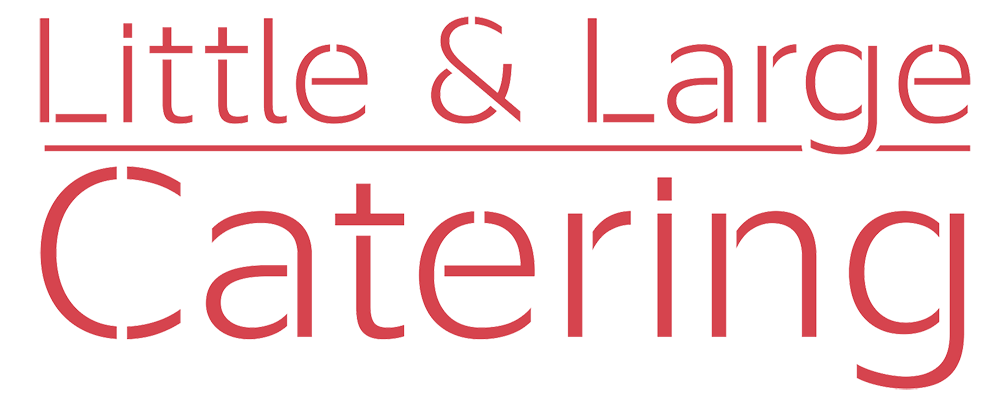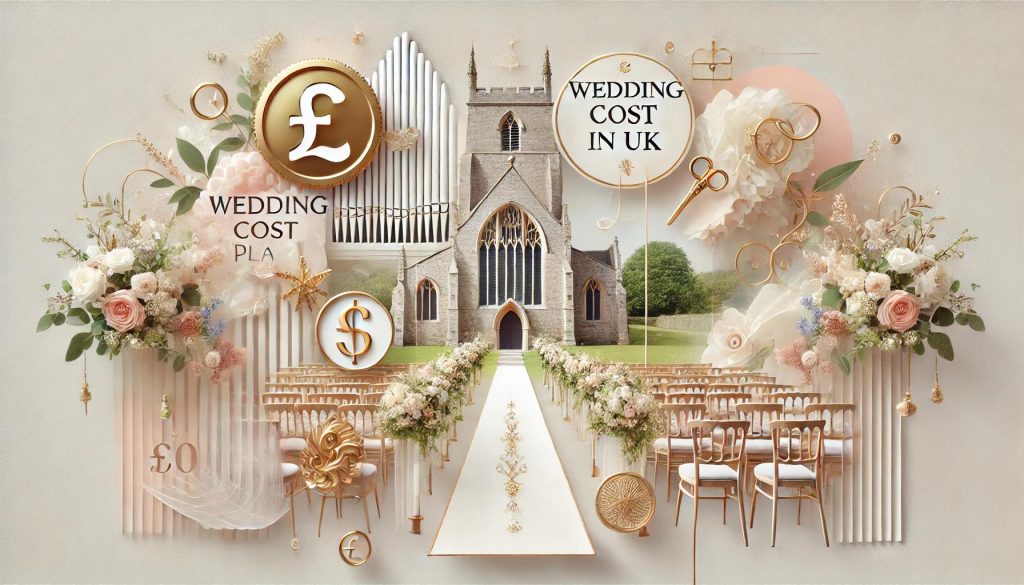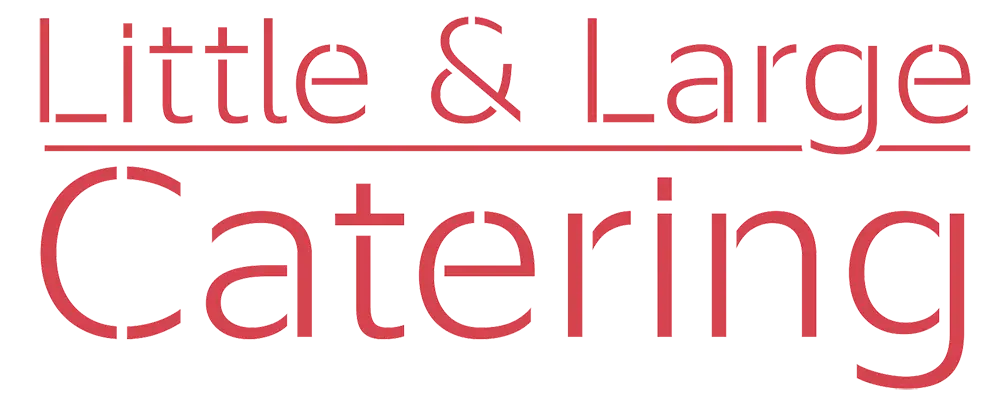Planning a wedding is one of the most exciting yet financially significant journeys a couple will undertake. With wedding trends evolving and prices rising, understanding the costs involved is crucial for creating a memorable day without overspending. This guide provides an in-depth look at wedding costs in the UK for 2025, helping you budget effectively and prepare for the big day.
Average Wedding Cost in the UK for 2025
The average cost of a UK wedding in 2025 is expected to range between £20,000 and £30,000, depending on factors like location, guest count, and personal preferences. This estimate reflects a slight increase from previous years, driven by inflation and a growing demand for premium venues and services. While this number serves as a helpful benchmark, remember that every wedding is unique, and costs can vary significantly based on priorities and choices.
Major Expenses Breakdown
Weddings typically involve several major expenses that account for the bulk of the budget. Here’s how these costs are distributed:
Venue and Catering (40–50% of the budget):
The venue is often the largest expense, with countryside barns, elegant city hotels, and seaside locations being popular choices. In 2025, average venue costs range from £5,000 to £10,000. wedding catering, including food, drinks, and service, costs an additional £50–£150 per guest.
Clothing and Accessories (10–15% of the budget):
Brides can expect to spend between £1,000 and £3,000 on a wedding dress, while suits for the groom range from £300 to £1,000. Accessories like shoes, jewelry, and veils also add to this expense. Budget-friendly options, including pre-loved or rented attire, are becoming more popular.
Photography and Videography (10–15%):
Hiring professionals to capture your special day typically costs between £1,500 and £3,000. This varies based on the photographer’s experience, style, and the package you choose, such as full-day coverage or additional videography.
Entertainment and Decor (5–10%):
Live bands, DJs, and florists bring energy and personality to a wedding, with average costs ranging from £500 to £2,500. Custom themes and intricate floral arrangements can increase this expenditure further.
Other Key Elements:
- Wedding planner: £1,000–£3,000.
- Invitations and stationery: £200–£500.
- Transportation: £300–£1,000, depending on the vehicle choice.
- Favors for guests: £1–£5 per guest.
Hidden and Miscellaneous Costs
Weddings often come with hidden expenses that couples may overlook during the planning phase. For instance:
- Legal fees for marriage registration average £50–£100.
- Corkage fees are charged by some venues if you bring your own alcohol, costing £10–£20 per bottle.
- Overtime charges for venues, photographers, or entertainers can add a few hundred pounds to your bill.
Being mindful of these smaller costs can help you avoid unexpected surprises.
Regional Cost Variations
Where you decide to tie the knot significantly affects your wedding budget.
- In London, couples can expect higher venue and service costs due to demand.
- Scotland offers picturesque settings at slightly lower prices, especially for castle weddings.
- Rural areas like the Lake District or Cornwall combine stunning backdrops with moderately priced options, making them ideal for destination weddings within the UK.
Budgeting Tips for Couples
A carefully planned budget ensures you stay on track without sacrificing the quality of your day. Here are some practical tips:
- Choose off-peak dates: Winter weddings or weekday celebrations often come with discounts on venues and vendors.
- Negotiate with vendors: Don’t hesitate to discuss package deals or customized options that fit your budget.
- DIY when possible: Create your own invitations, decor, or favors for a personal touch at a lower cost.
- Use budgeting tools: Spreadsheets and wedding budgeting apps help track expenses and prioritize spending.
Emerging Wedding Trends and Their Costs
Modern weddings are adapting to new trends, which may impact costs:
- Micro-weddings (20–50 guests) focus on intimacy and typically cost less than traditional large-scale celebrations.
- Eco-friendly weddings prioritize sustainable choices, such as recycled decor, reusable materials, and plant-based menus.
- Technology integration like livestreaming for remote guests or drone photography adds a contemporary flair but comes with additional expenses.
How to Cut Costs Without Compromising Quality
If budget constraints are a concern, there are ways to save without losing the magic of your wedding:
- Rent attire, decor, or even furniture to cut down on one-time purchases.
- Opt for local vendors to save on transportation and delivery fees.
- Simplify catering with a buffet or food stations instead of formal plated meals.
- Choose minimalistic or seasonal decor to reduce floral expenses.
Conclusion
Weddings are a joyous occasion, but managing costs effectively ensures the day remains stress-free and enjoyable. By understanding the average expenses, hidden costs, and regional variations, couples can make informed decisions and prioritize what matters most to them. Whether you dream of a grand celebration or an intimate gathering, careful planning and budgeting can turn your vision into reality.
For those seeking professional guidance, wedding planners and catering services can be invaluable resources.
Make your dream event unforgettable with Little and Large Catering! Our tailored menus and exceptional service ensure every guest leaves satisfied.
Contact us today to discuss your vision and get a free quote.


